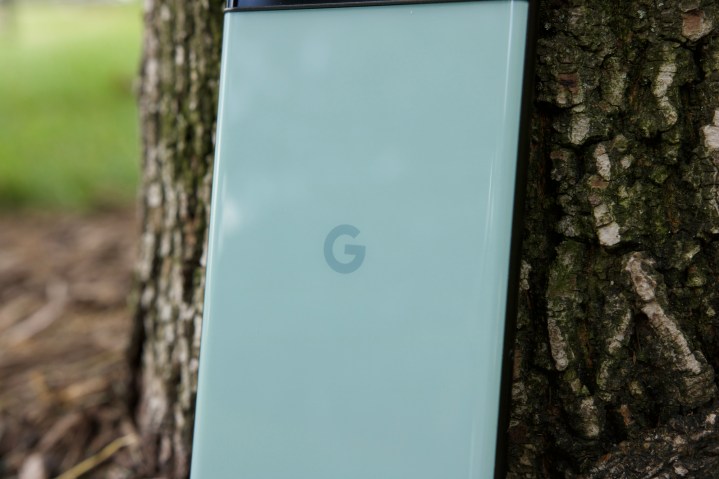Google has been handed a blistering setback totaling over $4 billion in Europe. The company was slapped with a record fine by the European Union in 2018, following a 2015 investigation alleging that the company abused its market position as the dominant smartphone operating system (via Android) and engaged in anticompetitive practices.
Google appealed the fine, but the European Court of Justice has rejected it and has largely upheld the original penalty. The commission originally imposed a fine worth 4.343 billion Euros, but following Google’s unsuccessful appeal for annulment, the General Court has only slightly reduced the penalty to 4.125 billion Euros and maintains that the search giant violated antitrust laws.
#EUGeneralCourt largely confirms the @EU_Commission ’s decision that @Google imposed unlawful restrictions on manufacturers of @Android mobile devices and mobile network operators to consolidate the dominant position of its search engine #Competition 👉 https://t.co/ATb3CgbPxg
— EU Court of Justice (@EUCourtPress) September 14, 2022
“The General Court largely confirms the Commission’s decision that Google imposed unlawful restrictions on manufacturers of Android mobile devices and mobile network operators in order to consolidate the dominant position of its search engine,” says the official press release from the Court of Justice of the European Union on behalf of the General Court. Google can still contest the court’s verdict in Europe’s highest court.
The charges against Google
In its case against Google, the EU’s investigative body highlighted three types of controversial policies put in place by the company. First, Google was accused of forcing smartphone makers to preinstall its in-house Chrome browser on Android phones if it wanted to provide access to the Play Store.

Next, Google was lambasted for paying manfacturers and cellular carrier service providers to exclusively install its eponymous search engine on devices. In doing so, Google killed the incentive for them to embrace any competing product. Google was said to have abused its dominant market position in multiple ways, one of which involved tying its search engine to its own web browser.
The third and final point of contention was that Google restricted manufacturers from selling phones that ran Android forks. Interestingly, Google forcibly stopped manufacturers from selling devices that ran Fire OS, an Android fork developed by Amazon. In the commission’s view, this amounted to unfair business obstruction.
Setting a Google-sized precedent
This is not the first setback for Google. In November last year, an EU court upheld another fine of over $2 billion for unfairly favoring its own comparison shopping service. In 2019, the company was ordered to pay nearly $1.6 billion for choking its ad business rivals.

The expensive legal defeat handed to Google will definitely boost the regulatory morale as similar antitrust battles against the likes of Apple, Amazon, and Meta are already in motion. Google has, of course, expressed disappointment over the decision, but the court’s strict stance sends a clear message as the Digital Markets Act (DMA) is poised to rein in the power of big tech in Europe.
Apple isn’t in the safe zone either. The company’s gatekeeper status and the taxation policy for accessing its walled ecosystem is currently a topic of investigation in Europe. Meta is facing heat over lax privacy measures and alleged shady data handling, while Amazon has courted scrutiny over abusive tactics to promote its business.
